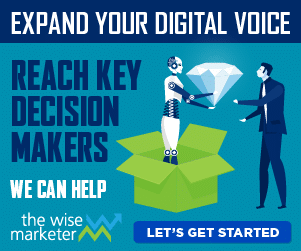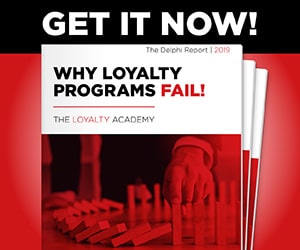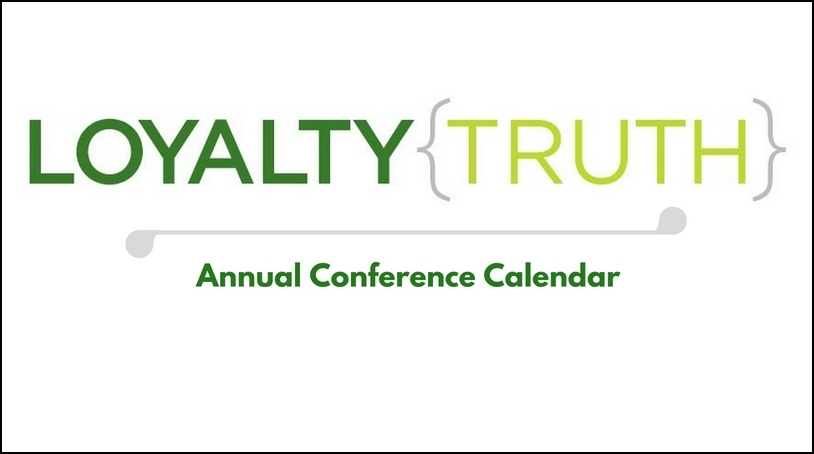In this age of Information and Big Data, what’s the best way to successfully build awareness for your brand? The goal for every marketer is to find a way to have the corporate voice and message heard above the din of the crowd. The paradox of information transparency is that the wide distribution of thoughtful ideas online makes it at once easy and difficult for marketers to craft a message that stands out from the crowd.
What path will you follow to find success in establishing your brand?
The task sometimes appears easy because so many people have done deep research on every imaginable topic, making it temptingly achievable to represent oneself as an expert in just about any subject after merely a bit of time spent “Googling” your chosen topic.
Flip the coin over and you’ll gaze on a mountain of challenges. If every buzzword seems taken and if your competitive set seems to be crafting their marketing copy from the same color pallet with only subtle variations in view, you’ll find yourself in … 2014.
Mark Twain lamented over the paucity of originality in a well documented letter to Helen Keller written over 100 years ago. Mr. Twain wrote the letter to comfort Ms. Keller after she had been acquitted on charges of plagiarism. He said in part that “substantially all ideas are second-hand, consciously and unconsciously drawn from a million outside sources, and daily use by the garnerer with a pride and satisfaction born of the superstition that he originated them; whereas there is not a rag of originality about them anywhere except the little discoloration they get from his mental and moral calibre and his temperament, and which is revealed in characteristics of phrasing. When a great orator makes a great speech you are listening to ten centuries and ten thousand men — but we call it his speech, and really some exceedingly small portion of it is his”.
Assume Mr. Twain had nailed this new reality of life on earth in his letter of 1903. And, imagine the power of his observation amplified by technology and information sharing in 2014. As business people, we are at risk of merging into eternal sameness as we re-position the sum of what we’ve learned with newly Googled sound bytes to spew out volumes on innovation and creativity that all boils down to nothing that can be truly called “differentiating”.
When I launched LoyaltyTruth.com in 2005, my points of competitive reference in the market were Colloquy, The Wise Marketer and various publications from the Direct Marketing Association. If I had chosen to name my new blog “The Wiser Marketer” or “Marketing Colloquy”, how would I have been received? At the least I would have been ridiculed, worse, I could have been the subject of litigation from those I copied. The stiffest penalty coming my way may have been for the market to simply ignore my work.
In part because I chose the path of originality, LoyaltyTruth.com has been rewarded with a strong following of regular readers. After reflecting on how Loyalty Marketing had just grown through an educational and awareness building stage in the market, I realized that much of what was being shared online was equivalent to sales talk and self promotion veiled as thought leadership. Marketers did not have a place to encounter and benefit from independent and unbiased commentary on data driven and loyalty marketing and the name LoyaltyTruth.com captured the essence of my mission.
Ten years later, the mission is true to its origins and growth prospects are bright. Making the journey more interesting is having another group in the industry play a word scramble with the words Loyalty and Truth to potentially confuse the market. In 1820, Charles Caleb Colton was attributed with saying that “imitation is the sincerest form of flattery”.
I choose to take that high road when seeing others infringe on LoyaltyTruth.com.
I also can’t help but call on the old English saying that “just because you can, doesn’t mean you should”. The Harvard cheating scandal that took place in 2012 / 2013 is reminder of how business and personal ethics can be easily lost in our new culture of information transparency. When everyone is sharing information online, it can be rationalized that sharing applies to exams and “take home tests”. I would think that most of the students implicated in the Harvard mess have reconsidered their study practices and in turn refocused their views on personal ethics.
Thanks to information transparency, we all have the opportunity to learn quickly about any topic. With that freedom comes big responsibility. We also have the associated temptation to borrow aggressively from the ideas of others and too quickly make them our own. This is a fine line to walk.
In taking the high road in my own brand marketing, I trust the marketplace to recognize those that can be trusted with their brands and their customer loyalty.




